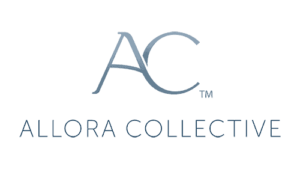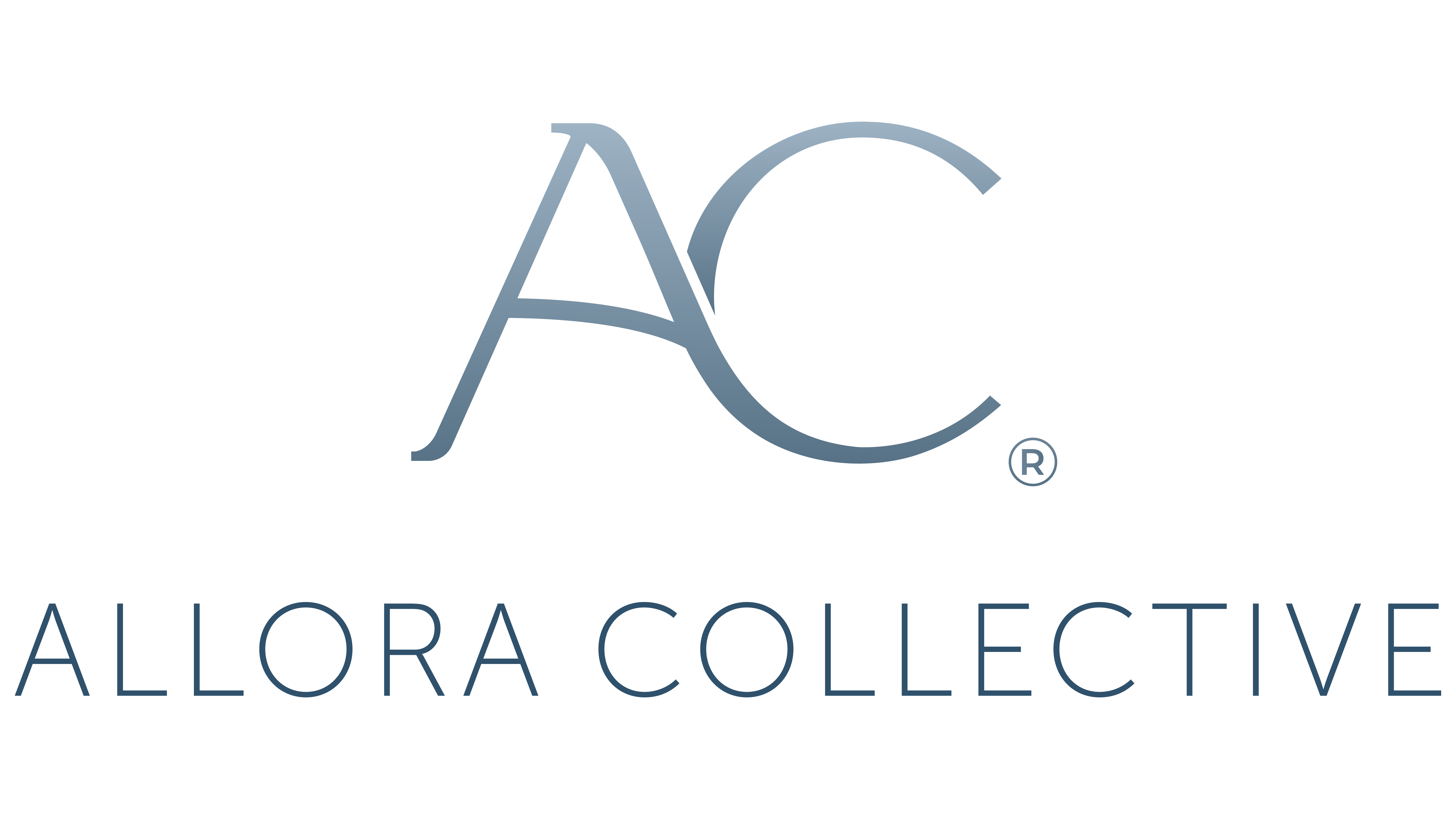
Remote Job Interviews: How To Showcase Examples of Your Communication, Building Relationships And Staying Self-Motivated

We’re going to focus on a few of the soft skills that recruiters look for in potential candidates in this article. If you’re looking for remote work as well, keep reading—you might find some of the examples useful. It doesn’t matter if you want to work from home or by a pool in a warm country—you need to be prepared for remote interviews and know what soft skills to highlight.
You should prepare one or two examples from your career for each soft skill that demonstrate how you have applied it in a real-world setting. We’ve included links to our previous blog posts on career story structuring below. Be sure to check them out as well.
Communication
You’ll also need to display great communication skills because a lot of the work will be done async. This means you’ll communicate in written form more often so drafting comprehensive and concise messages is crucial, especially when interacting with senior level stakeholders. Your interviewers will also assess your ability to structure ideas or convey information to different audiences.
Some companies might request a sample of your written communications in the form of a business case or interview assignment. Think about specific examples you’ll want to prepare ahead of the interview. These might be about how you successfully explained a complex topic to a non-expert, or how you resolved a conflict or issue through communication.
Building Relationships
Building trust with new colleagues is important in any new job, and even more challenging when you’re not seeing the other person on a daily basis. Being personable, approachable, humble and professional is definitely one way to go here.
It might seem easier when you’re able to see your colleagues in person, but if you’re working remotely or interviewing and meeting your future colleagues for the first time, you want to show you can be trustworthy and reliable. Don’t be afraid to ask questions to get to know your interviewer, such as how they evolved to be in the role they are today, or finding out what their current priorities are. Try to relate to what they are saying and show your interest with a positive-sounding answer.
Self-Motivation and Curiosity
Showing interest by asking relevant questions and doing your own research prior to the interview will help you stand out among other candidates. Talk about any articles you’ve read and share your ideas and opinions. That way, you will also put forward your critical thinking abilities and demonstrate that you can argue your point across in a convincing manner.
You’ll want to prepare examples of how you have been able to manage a project, deadline or piece of work independently. An example of how to answer a question about this could be “as someone who’s self-motivated, during my onboarding I always ask how the teams are organized, so I can understand who is responsible for the elements of the projects. For example, when I was at company X, managing the A project I needed to update the timelines after a change request from a key stakeholder. I had already learned our teams structure and I was able to update the project quickly without any delays to the schedule”.
Also think about what motivates you about the role, the product or the company and how these are linked with the medium to long term goals you want to achieve.
These are just a few examples of the types of soft skills interviewers will look for in their future remote talent. There are three methods used to draft your career examples and we’ve highlighted each one of them on our blog.
Do you want to practice how you describe these skills and build your confidence for job interviews?
If you’re looking for interview coaching at any stage of your career, book a free session with an Allora coach and learn more about how we can help you!
Our coaching includes the Allora Interview Prep Worksheet that gives you an easy way to draft your career stories, collaborate on edit suggestions to improve them, and adapt them for different interviewers or companies and choose from STAR, SBI or CARL method templates!

Rachel Meda
Rachel has lived in several countries recruiting and hiring global talent for Sales, Commercial, Finance, HR and other corporate positions at all levels of seniority, across markets such as APAC, Europe and Dubai. She advises on relocation and will help you prepare and practice for your next interview.




